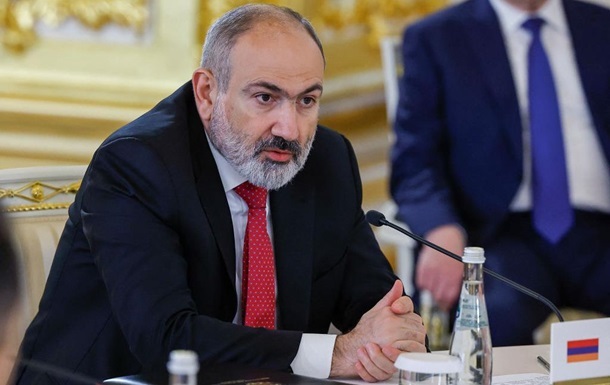In February, Pashinyan announced the freezing of Armenia’s membership in the CSTO. He stated that the collective security treaty does not actually work for his country.
Armenian Prime Minister Nikol Pashinyan will not go to the summit of the Collective Security Treaty Organization, which will be held on November 28 in Astana. This was reported by the press secretary of the head of government Nazeli Baghdasaryan in a comment to 24News.
The republic’s position on freezing participation in the CSTO activities has not changed.
In 2023, Pashinyan also did not go to the CSTO summit in Minsk. The Prime Minister accused the organization of refusing to “fix its zone of responsibility” in Armenia against the background of the conflict with Azerbaijan. In this regard, the politician believed that participation in the summit would mean that he supports the logic that calls into question the “territorial integrity and sovereignty” of the republic.
In February, Pashinyan announced the freezing of Armenia’s membership in the CSTO. He stated that the collective security treaty was actually not working for his country.
In turn, the assistant to the Russian president, Yuri Ushakov, stated that the representatives of Armenia had informed Moscow in advance of their decision. He emphasized that de jure Yerevan remains a full member of the CSTO and retains the corresponding rights and obligations.
As we will recall, back in February, Armenia suspended its participation in the CSTO. Pashinyan stated that Yerevan could no longer rely on Russia as its main defense and military partner.
And in September, Nikol Pashinyan confirmed that Armenia may withdraw from the CSTO because some allies have not fulfilled their contractual obligations and “planned a war against us together with Azerbaijan.”
Pashinyan also stated that the CSTO poses threats to the security, existence and sovereignty of Armenia, which caused a violent reaction in the Kremlin.
The CSTO (Collective Security Treaty Organization) is an international organization established to ensure security and cooperation between member countries in the military and political spheres. It was established in Tashkent (Uzbekistan) on May 15, 1992 with the signing of the Collective Security Treaty. The main goal of the organization was declared to ensure collective security and stability in the region. It currently includes six countries: Armenia (participation suspended), Belarus, Kazakhstan, Kyrgyzstan, Russia, Tajikistan.

